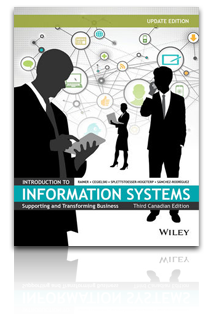Description: The research firm IDC predicts that in 2011, computing’s third major technology wave will become mainstream, when computers held in one’s hand — smartphones and tablets — really take over and start putting personal computers in the rearview mirror.
Source: NYTimes.com
Date: Dec 2, 2010
Next year, the research firm says in a report published Thursday, there will be 330 million smartphones sold worldwide and 42 million media tablets. Tablet sales are expected to more than double next year, and to keep climbing, “breezing by netbooks, the phenomenon of two years ago,” said Frank Gens, chief analyst for IDC.
“The PC-centric era is over,” the IDC report says. Within 18 months, it forecasts, non-PC devices capable of running software applications will outsell PCs. In tablets, IDC adds, Apple’s iPad will remain the leader, but lower-cost tablets will begin making inroads, especially as demand for tablets really takes off in emerging markets.
IDC uses a hardware-centered definition of technology eras — devices that open up computing to large new groups of users. So, by its definition, the first era began in the 1960s, when many people got access to computers, seated at mainframe terminals. Next came personal computers in the 1980s, and mobile devices that are full-fledged computers were next.
Questions for discussion:
- How big is the mobile computing industry and what devices would you include?
- Why is cloud computing so important to companies that compete in the mobile computing industry?
- Is there any way for Apple to maintain their industry domination in the tablet industry?









